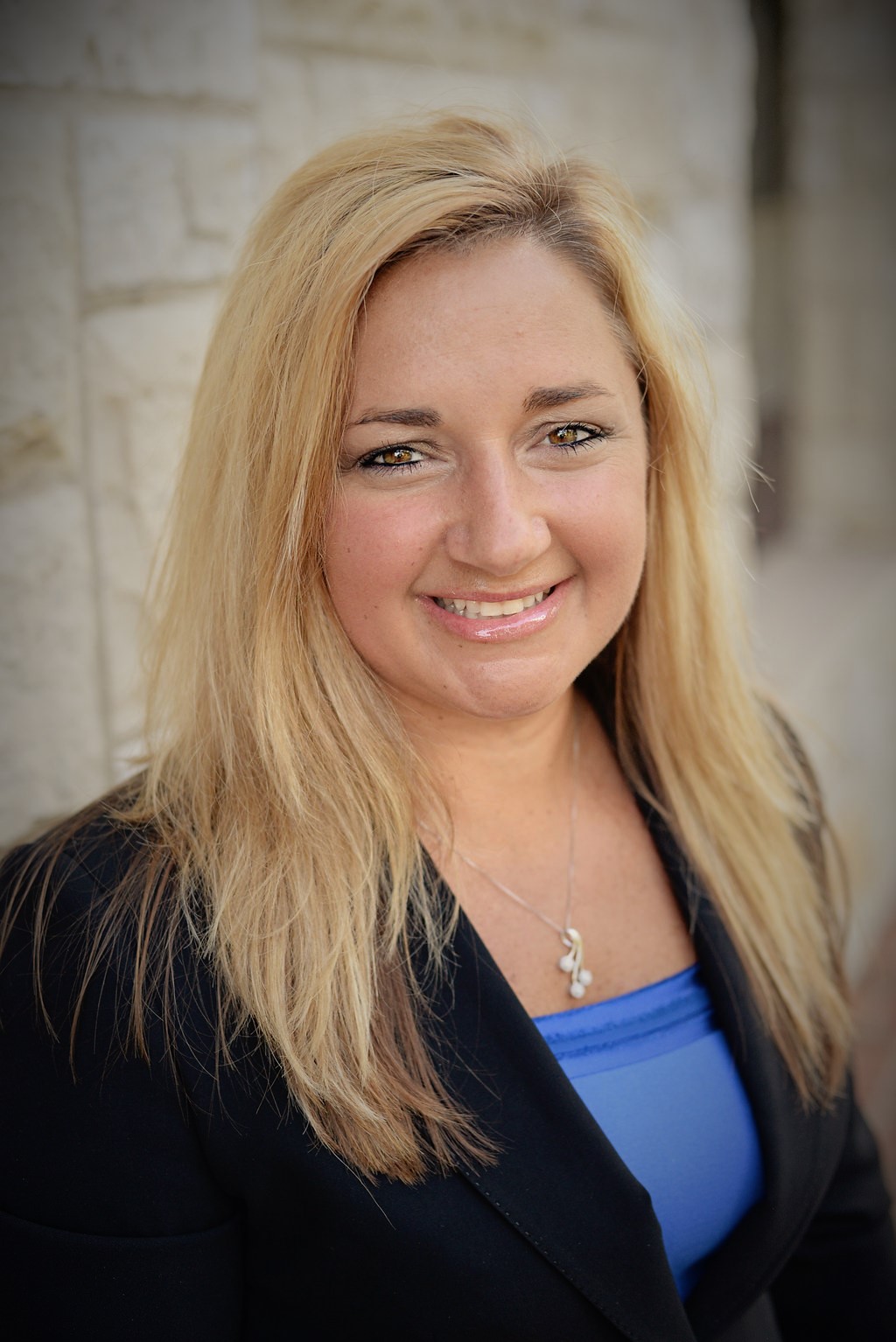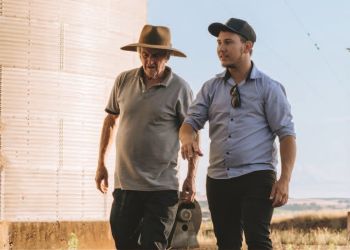 Interview by Taylarr Lopez, Communications Specialist, NACCHO
Interview by Taylarr Lopez, Communications Specialist, NACCHO
NACCHO’s Member Spotlight series features interviews with local health department leaders and staff about their careers in public health. This interview features Crystal Miller, DrPH, MPH, Director of the WEDCO District Health Department in Kentucky. She is also a member of NACCHO’s Board of Directors. Below she shares the challenges of leading a local health department in tough financial and political times and how she is preparing her department for the future.
Tell us about your career path in public health.
I began my career in public health in 1998, and worked for the University of Kentucky as a research assistant for a grant-funded research center. While working in this field, I gained a passion for health behavior research, the business aspect of public health, and how policy changes behaviors. I received my bachelor’s degree in elementary education in 2003 and later decided to pursue a master’s in public health while still working on grant funded research projects through the University of Kentucky. I graduated with my master’s in 2006 and immediately went on to get a doctorate in public health. During this time, I was urged to get out in the local public health sector by my mentors and, in doing so, I also gained an interest in this sector. I applied for the Public Health Director position at WEDCO District Health Department in 2007 and am coming up on a decade in this position. I consider myself blessed because had I not had mentors who pushed me in this direction, I wouldn’t be doing the work that I love on a daily basis.
What are some of the highlights of your career in public health? What makes the work that you do worthwhile?
I consider the highlights of my career as ones that influence others. It is my role as the Director to mentor, coach, and guide my staff to be better versions of themselves and ultimately make a larger impact on communities in their roles within WEDCO, where we serve multiple counties including, Harrison, Nicholas, Scott, and Bourbon counties. WEDCO has spent the past 10 years building strong partnerships in our communities, which ultimately allow us to influence our communities. Guiding this process has allowed me to learn and grow in my own leadership style but also has allowed me to watch our partnerships significantly make an impact our communities in a positive way.
An example of this is a recent partnership where WEDCO helped fund a teen suicide prevention project. There was a rise in teen suicides in several of our communities. A partnership between each school system within our district and the University of Kentucky allowed us to implement an assessment into the schools where each student grades 6–12 is screened. Based on their results, they may further work with a school counselor, teacher, or psychologist to help them deal with their individualized life stressors. We recognize the long-term adverse effects that children dealing with adult issues can have and recognize it as a public health problem within the WEDCO community. One of many success stories includes an assessment that was done on a day when a child had planned to commit suicide by taking his mother’s heart medication. Our partnerships are one of the most important reasons our health department is successful and have been a highlight of my 10 year tenure here.
What challenges are you or your health department currently facing?
Currently, challenges within our health department are related to siloed federal and state funding, unfunded mandates, outdated regulations related to personnel, and program requirements that hinder us from being efficient. Some program requirements demand increased funding but decreased budgets make it difficult to complete some of the requirements for particular programs. We are in challenging financial times and to silo funding creates additional barriers to service delivery in our communities.
Implementing the needle exchange program has been another recent challenge. Legislation written that hinders public health from focusing on the core public health function of communicable diseases is a detriment to the safety of our communities. The law was written in a way that requires three legislative bodies to approve the program (board of health, city, and county government) for the program to be implemented. Kentucky has the highest rates of hepatitis C in the nation and the political climate has made it very difficult to get these programs implemented to keep our communities safe. We have been successful at implementing one needle exchange program within the district and continue to work on approval in the other counties.
What is the biggest change you’ve seen in public health since you started in this field?
Continued decreased funding over the past decade has changed the landscape of public health. Now more than ever, local health departments have to focus on efficiency, productivity, and accountability. Prevention efforts are often times difficult to prove because the return on investment is not immediate. For example, “How important are restaurant inspections?” They become very important when a food borne outbreak happens but until then the general public doesn’t worry about it. The systems we have in place do not easily extract data, also making it cumbersome to prove these elements. Local health departments depend on funding from the state and federal government for infrastructure as well as service delivery. Adequate funding strengthens our capacity and capabilities to provide resources and services to our communities and it is important that we prove our value at the local, state and federal levels. As a local health department director, I feel it is of upmost importance to look at the economic impact of programs as well as the needs of the communities we serve and make decisions that most positively impact the public health system.
How are you positioning yourself and/or your health department for the future?
I have always felt that funding would continue to decrease, so early on I began preparing my boards of health for self-sustainment. We have had tough discussions on what kind of health department we wanted within our district and immediately began making efforts toward creating that. There are a total of four boards of health within the WEDCO District and one of the toughest positions they were in was to increase taxes in each of the communities to allow us to create the kind of local health department we ultimately wanted. The boards of health within the WEDCO District are extremely supportive of the services we provide and helped me create a tax base that allows us to continue services that would have otherwise been discontinued with the decrease in federal and state funding. Early on in my career at WEDCO, I focused on getting the right people in the right seat which took a lot of analyzing, reflecting, evaluating, and maneuvering through the state merit system but has been the most impactful thing I have done internally. I put my focus on internal efficiency, growing our staff to be diversified in their skills and abilities to help strengthen us as an agency. I am blessed to work with dedicated staff that is willing to roll their sleeves up and get to work on anything we need to do to deliver our mission. We have built strong partnerships within our communities and are seen as a value added member of the community and continue to focus on this daily. I am continually amazed at the level of service delivery and community needs met with the staff and resources that we have and that has to do with dedicated staff and board members who “get it”.
How long have you been a member of NACCHO and what value do you find in belonging?
I have been a member of NACCHO since 2011. Being a member has allowed me to connect with other local health departments to learn about what is going on in our public health system on the national level. I also find it rewarding to share what is working for us in Kentucky. Learning about NACCHO and representing this organization makes me proud. NACCHO is an incredible membership organization that has the ability to influence the local public health system from a national perspective and I’m proud and honored that I get to be a part of that.
What do you enjoy doing in your time away from work?
Outside of my passion for public health, I enjoy being active and doing anything that helps keep me in shape, both mentally and physically. I enjoy University of Kentucky football and basketball, bourbon, and country music. I was a dancer in college and am still active, judging for cheerleading and dance competitions in Kentucky, which allows me to still feel like a kid again.
I am also a mom to two wonderful, high-energy boys. We enjoy our summers boating at the lake. We spend our winter and fall months immersed in basketball because my seven-year-old has a passion for basketball unlike anything I have ever seen. I love Kentucky, the childhood experiences that it offered me growing up, and that I will get to pass on to my boys!
For more interviews in the series, visit NACCHO Voice Member Spotlight.








